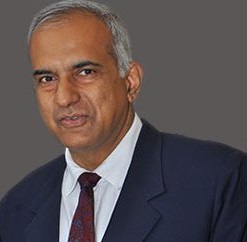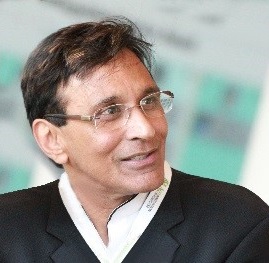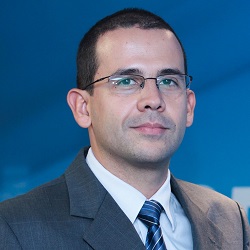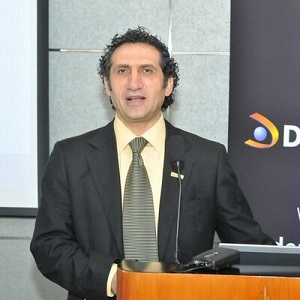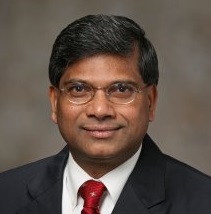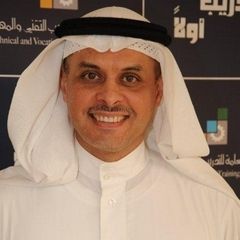The Centennial Fund’s Business Model to support Entrepreneurs in Saudi Arabia and abroad
Many young people suffer from the challenges they face when they want to start their own business. After The Centennial Fund’s studies and experiments in addition to access to the world’s best experiments, we found that the best model is to provide integrated services that contribute to the reduction and limitation of these challenges. TCF’s business model is a distinctive model globally, taking young people and helping them develop their ideas through prior training courses on bright ideas, panel discussions passing through feasibility studies, specialized courses, and facilitating government procedures until the project expands later. TCF does not only do this, but it also works on marketing entrepreneurs and spreading their success stories locally and globally through G20 YEA and international competitions. The session will shed light on TCF’s model, the reasons for its success, and its role in helping entrepreneurs.

Relator: Mr. Sultan Al-Shuwayeb
GM Assistant, Sector Head of Non-Financial Services, The Centennial Fund, Saudi ArabiaSultan Al-Shuwayeb has rapidly built a reputation as one of the leading authorities on entrepreneurship in the Middle East. As the Assistant General Manager of Saudi Arabia’s flagship entrepreneurial incubator, The Centennial Fund (TCF), Mr. Al-Shuwayeb has helped develop streamlined business processes and mentoring strategies to facilitate the growth of SMEs in the region. His prior experience in strategic planning has contributed to TCF’s enhanced brand value, spearheading knowledge-based alliances with technological giants Microsoft and Oracle that bring TCF the promise of sustained organizational growth, allowing the organization to continue to support the vision of entrepreneurship in the MENA region.

